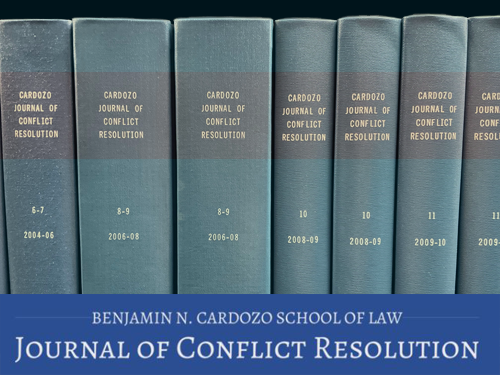Document Type
Blog Post
Publication Date
4-3-2022
Graduation Year
2023
Abstract
The entertainment industry is driven by contractual agreements between actors, film studios, and countless behind-the-scenes players. When disputes inevitably arise, it is often within the parties’ best interests to resolve the issues quickly and privately, without garnering media attention. Arbitration provides disputants this avenue and it is why binding arbitration clauses are so prevalent within the industry. Arbitration clauses within a contract state that, should an issue arise between the parties, the parties will submit the dispute to arbitration. Arbitration allows for the parties to select an arbitrator, with a facilitator overseeing the negotiation, resulting in a legally binding outcome. Contrary to litigation producing information in the public record, arbitration ensures that the parties can reach an agreement confidentially and without having to incur exuberant attorneys’ fees. Additionally, the entertainment industry can oftentimes involve complex matters that an arbitrator with expertise in entertainment issues would uniquely be able to resolve, more so than a judge who lacks such knowledge. Furthermore, parties within the entertainment industry often have ongoing relationships, both within the project from which the dispute arose and beyond. Resolving disputes as quickly and efficiently as possible, which arbitration accomplishes, maximizes the chances of these relationships continuing peacefully and lucratively.
This post was originally published on the Cardozo Journal of Conflict Resolution website on April 3, 2022. The original post can be accessed via the Archived Link button above.
Recommended Citation
Palagi, Michelle, "Arbitration in the Entertainment Industry" (2022). CJCR Blog. 31.
https://larc.cardozo.yu.edu/cjcr-blog/31


